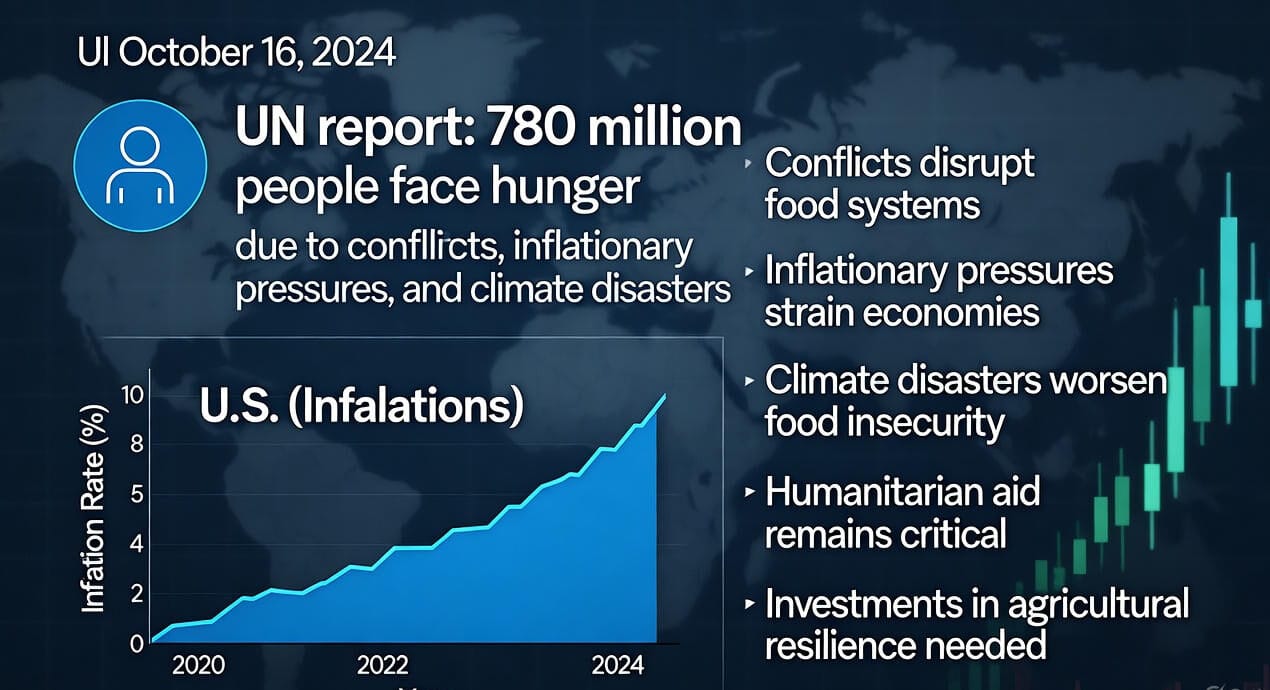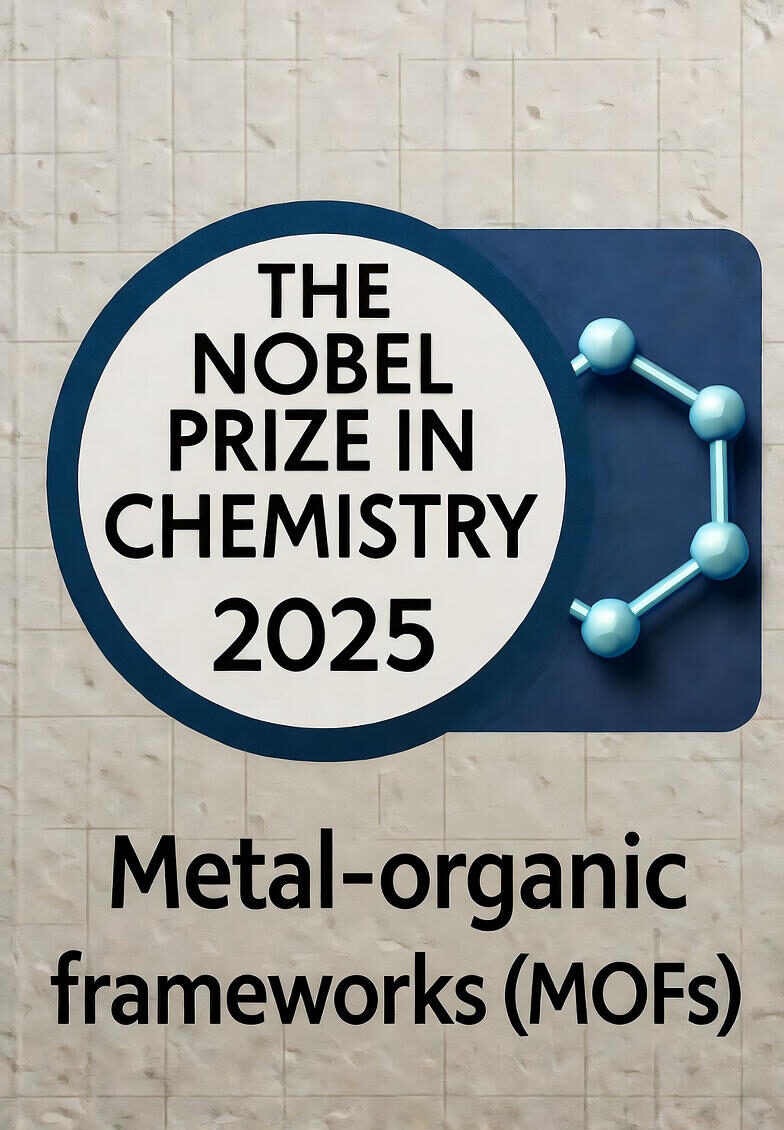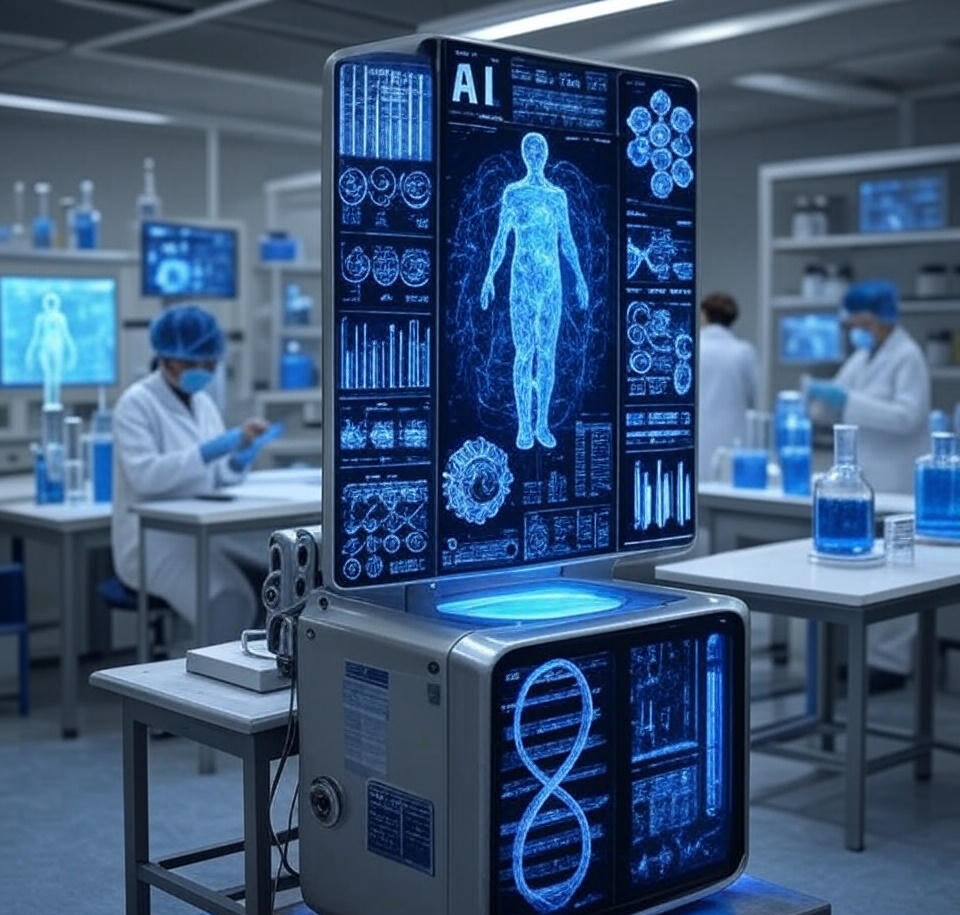
In 2025, Ai is revolutionizing healthcare, particularly in diagnostics and drug discovery. From accelerating the identification of novel drug candidates to enhancing diagnostic precision, AI-driven innovations are reshaping the pharmaceutical and medical landscapes. Recent advancements highlight AI’s potential to reduce costs, shorten development timelines, and improve patient outcomes, making it a cornerstone of modern medicine. This blog explores the latest breakthroughs in AI-powered diagnostics and drug discovery, their impact on global health, and the challenges that lie ahead, offering a comprehensive look at how these technologies are driving a new era of medical innovation.
AI-Powered Diagnostics: Precision at Scale
Revolutionizing Disease Detection
AI is transforming diagnostics by enabling earlier and more accurate detection of diseases. Machine learning (ML) algorithms analyze vast datasets, including medical imaging, genomic profiles, and electronic health records, to identify patterns that human clinicians might miss. For instance, a new AI tool deployed in hospitals across Dubai, Italy, and Malaysia uses non-invasive eye scans to detect early signs of conditions like diabetes, cardiovascular disease, and neurological disorders. This technology, which processes retinal images with unprecedented accuracy, allows for proactive interventions, potentially saving millions of lives annually.
Enhancing Clinical Decision-Making
AI systems are also augmenting clinical decision-making by providing real-time insights. In 2025, natural language processing (NLP) tools are being integrated into diagnostic platforms to extract actionable information from unstructured medical texts, such as patient notes and research papers. These systems, leveraging advanced models like large language models (LLMs), assist physicians in diagnosing complex conditions, such as rare cancers, by correlating symptoms with global medical data. This capability not only improves diagnostic accuracy but also reduces the workload on healthcare professionals, enabling faster patient care.
AI in Drug Discovery
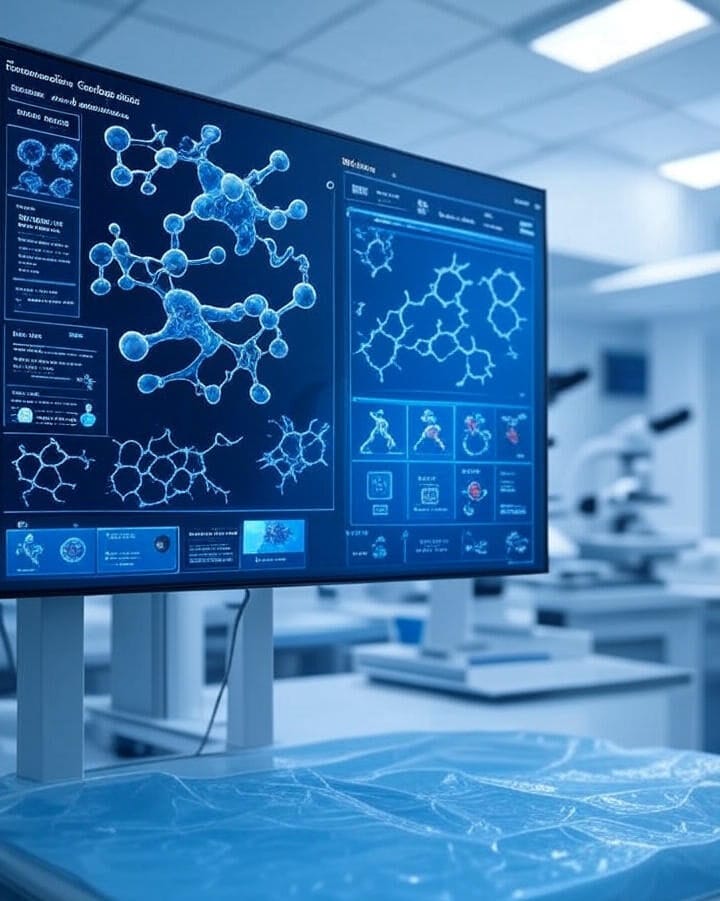
Streamlining Drug Development Pipelines
AI is redefining drug discovery by compressing the traditionally lengthy and costly process of bringing new therapies to market. Historically, developing a new drug takes over a decade and costs upwards of $2 billion, with a 90% failure rate in clinical trials. AI-driven platforms, such as those developed by Isomorphic Labs, are changing this paradigm. In 2025, these platforms have advanced AI-generated drug candidates into human trials in record time, achieving success rates of 80-90% in Phase I trials compared to the traditional 40-65%. By analyzing chemical and biological data, AI identifies promising compounds, predicts their efficacy, and optimizes molecular structures, significantly reducing development timelines to as little as 3-6 years.
Breakthroughs in Protein Structure Prediction
One of the most significant advancements in AI-driven drug discovery is the refinement of protein structure prediction. Building on DeepMind’s AlphaFold, new models in 2025 enable precise mapping of protein interactions, crucial for designing targeted therapies. For example, AI tools are now used to identify novel binding sites on proteins associated with diseases like cancer and Alzheimer’s, facilitating the development of small-molecule inhibitors. These advancements have accelerated the discovery of treatments for previously intractable targets, offering hope for conditions with unmet medical needs.
Drug Repurposing and Personalized Medicine
AI is also driving innovation in drug repurposing and personalized medicine. By analyzing large-scale biomedical datasets, including genomics and proteomics, AI algorithms uncover new therapeutic uses for existing drugs. In 2025, companies like BenevolentAI have successfully repurposed drugs for neglected diseases, such as leishmaniasis, by identifying hidden relationships between compounds and disease pathways. Additionally, AI enables tailored treatments by analyzing patient-specific data, ensuring therapies align with individual genetic profiles and lifestyle factors, thus improving efficacy and reducing adverse effects.
Challenges and Ethical Considerations
Data Quality and Accessibility
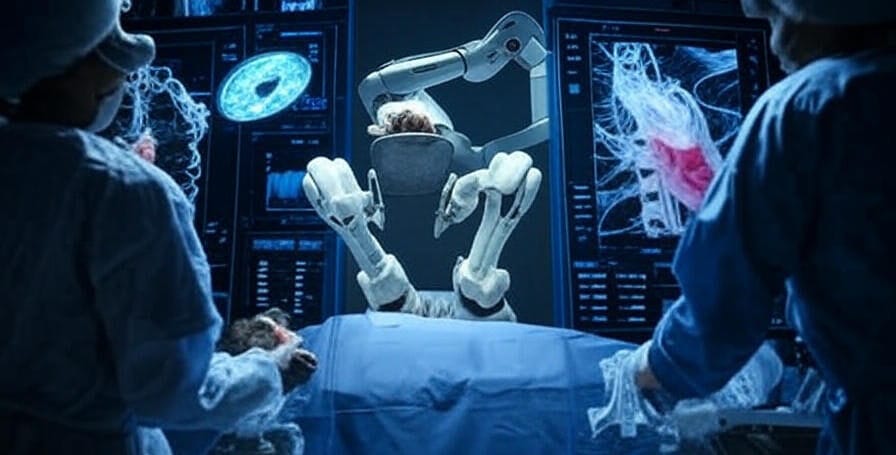
Despite its promise, AI in diagnostics and drug discovery faces significant challenges. High-quality, diverse datasets are essential for training robust AI models, yet many regions, particularly low- and middle-income countries, lack comprehensive health data. This gap can lead to biased models that perform poorly in underrepresented populations, exacerbating health disparities. Initiatives like the ITU-WHO Focus Group on AI for Health are addressing this by standardizing data collection and promoting equitable access to AI tools.
Regulatory and Ethical Hurdles
The integration of AI into healthcare raises regulatory and ethical concerns. Opaque AI decision-making processes, often referred to as “black-box” models, complicate regulatory approval, as agencies like the FDA require transparency for safety and efficacy evaluations. In 2025, the FDA’s draft guidance on AI use in drug development emphasizes risk-based frameworks to ensure responsible innovation. Ethical considerations, such as patient data privacy and the potential for AI to prioritize profitable markets over neglected diseases, also demand careful oversight. Collaborative efforts between governments, academia, and industry are essential to address these issues.
The Future of AI in Healthcare
Scaling Global Impact
The global potential of AI-driven diagnostics and drug discovery is immense. With over 4.5 billion people lacking access to essential healthcare services, AI offers scalable solutions to bridge this gap. Innovations like AI-enhanced malaria prevention tools, showcased at CES 2025, demonstrate how technology can address public health challenges in resource-limited settings. Partnerships between AI-driven biotech firms and academic institutions, such as BPGbio’s collaboration with the University of Oxford, are further unlocking novel therapeutic pathways.
Sustaining Momentum Through Investment
Investment in AI-driven health innovation continues to surge, with over $60 billion allocated to AI biotech companies by March 2025. This financial backing, coupled with strategic partnerships between pharmaceutical giants like Johnson & Johnson and AI startups, is driving a shift toward data-driven research. As AI tools become more accessible, smaller biotech firms and academic labs are leveraging open-source platforms to accelerate discoveries, democratizing innovation.
Conclusion
AI-driven diagnostics and drug discovery are transforming healthcare in 2025, offering faster, more precise, and cost-effective solutions to longstanding challenges. From early disease detection to the rapid development of life-saving drugs, AI is paving the way for a more equitable and efficient healthcare system. However, addressing data quality, regulatory hurdles, and ethical concerns is critical to sustaining this momentum. As AI continues to evolve, its integration with human expertise will shape a future where personalized, accessible healthcare is a global reality. Stay tuned for more updates on how AI is redefining medicine.
